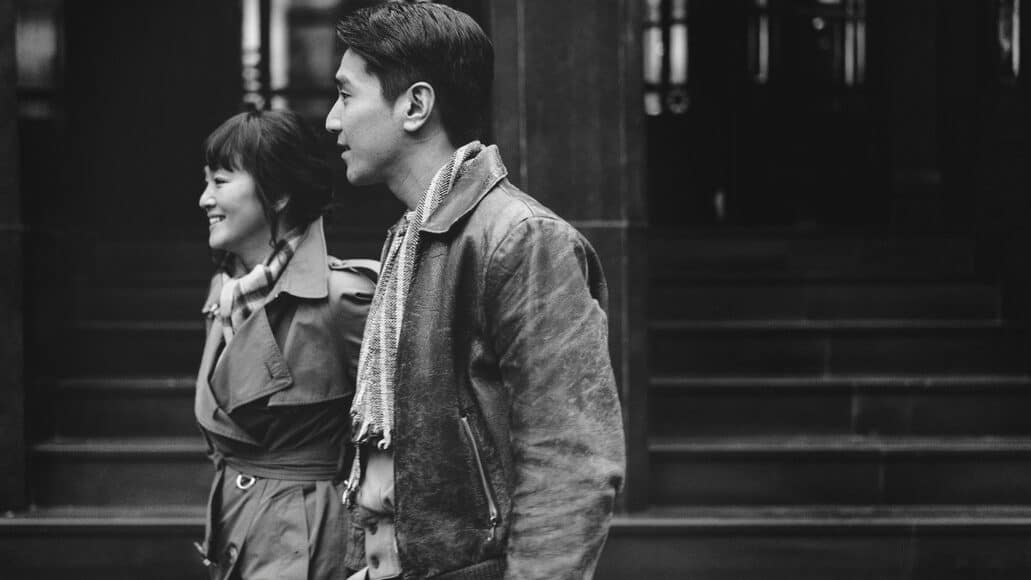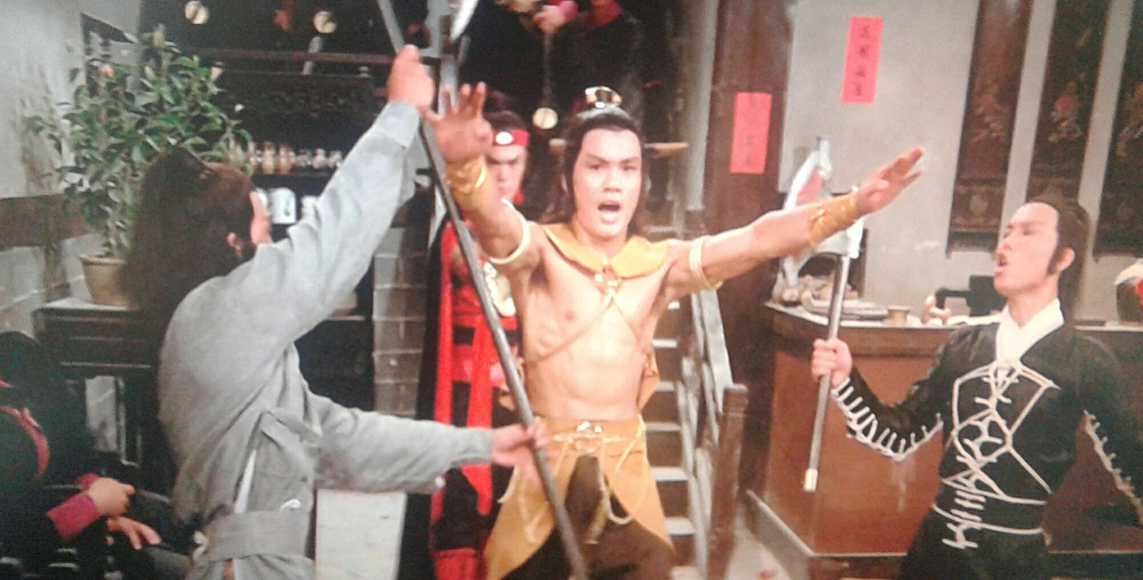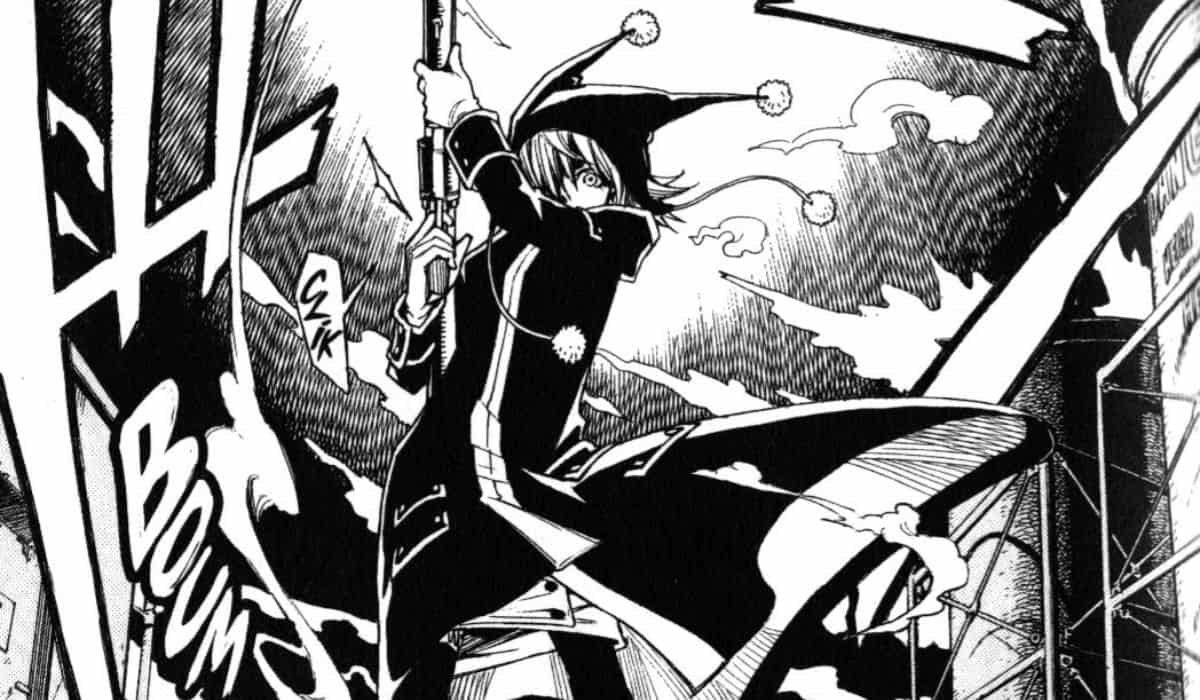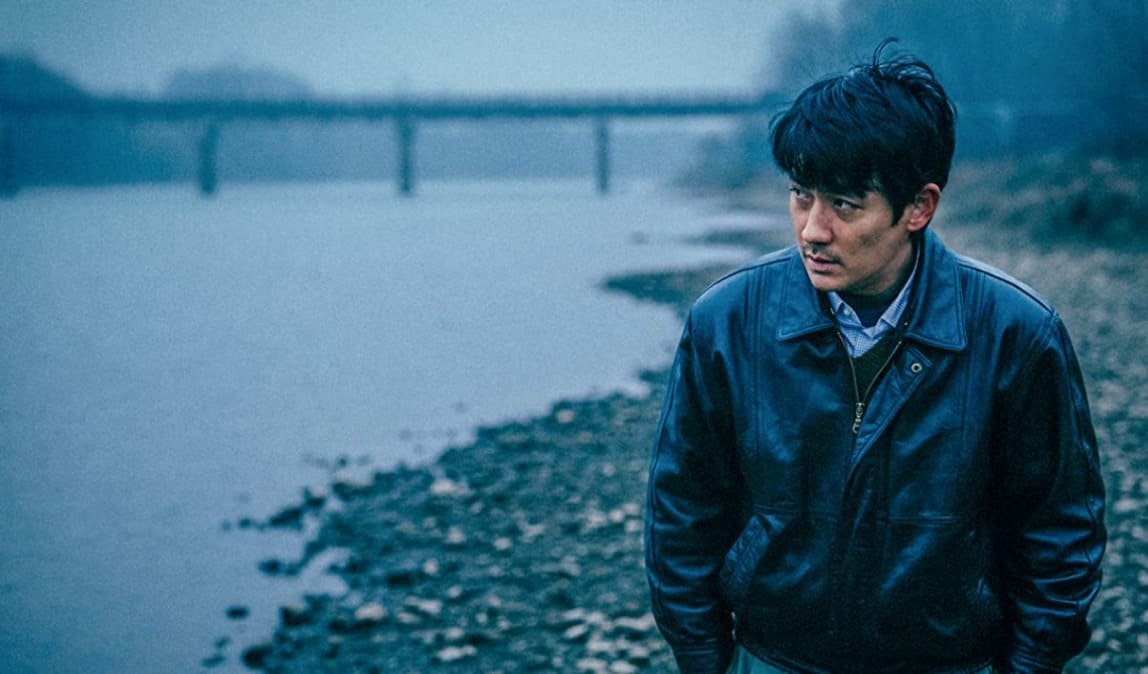The psychological effect war has on the human mind is unimaginable. Following the end of World War II, many anti-war projects would come out of the Japanese entertainment industry from visionaries like Kon Ichikawa, Kaneto Shindo, and Masaki Kobayashi. Jingoistic propaganda was no longer as common and wasn't being forced upon artists anymore by militarists. Many post-war Japanese war films stand by a humanist nature while reminding audiences how horrific errors should not be repeated. A notable reminder of evolving from past mistakes in history is the superb political thriller “Japan's Longest Day.”
Based on the non-fiction book of the same name by Kazutoshi Hando and Soichi Oya, this haunting recollection of disturbing events would kickstart the “Toho 8.15 series,” a collection of war movies that recreate Japan's war history. Fittingly, nihilistic filmmaker and anti-war advocate Kihachi Okamoto would be appointed as the movie's director and frequent Akira Kurosawa collaborator Shinobu Hashimoto as the screenwriter. “Japan's Longest Day” would become a critical and box office hit. Its influence continues to prevail, with filmmakers Hideaki Anno and Shinji Higuchi sighting it as one of their favorite movies. It would even be a major inspiration for the two when they made “Shin Godzilla.”
Following the atomic bombings of Hiroshima and Nagasaki, the Japanese leaders contemplate what actions to take next. Some of them, such as the Minister of War Korechika Anami, oppose the idea of surrendering and wish to fight to the very last person, even if it means more people are to die in the process. Ultimately, Emperor Hirohito believes the right decision to prevent more bloodshed is to surrender. Once the Imperial Rescript was completed, Hirohito records and intends to announce this major decision to the nation. However, many soldiers refuse to surrender, and a civil war ensues with an attempted military coup d'etat. The fate of Japan and the rest of the world lies in this 24-hour period of time.
It is historically well known that Japan surrendered during World War II on August 15th, 1945. Yet, even with the ending being already known, “Japan's Longest Day” is emotionally captivating from beginning to end. The excellent pacing and build-up to the conclusion are horrifying to witness as a battle between humanity and pride transpires in the final hours of World War II. Powerfully implemented is a pacifist anti-war message and a critical examination of the Empire of Japan. The historical attention to detail was prioritized during production, which shows in the final product. Highlighted throughout the picture are the dangers of jingoistic propaganda, which consumes various characters in the movie and ends up being their downfall. However, hints of hope are also shown in the story for a better future. Okamoto balances heart-pounding drama with touches of his cynical, dark humor.
The acting is superb, and it is appealing seeing so many iconic actors appear in this feature. Everyone in the movie is excellent. It would be hard to highlight each performance, so here are the show stealers. Toshiro Mifune is fantastic as the Minister of War Korechika Anami, bringing many emotions and complexions to his performance. We see a man utterly devoted to his Emperor but still fueled by nationalism and patriotism. Mifune's final scene as Anami, in which he makes a drastic decision regarding his fate, is powerful and haunting. Chishu Ryu is wonderful as Prime Minister Kantaro Suzuki, who bears immense pain of the country's loss but ultimately goes through with contributing to the humane decision of thinking of the citizens of Japan and that surrendering is the best solution. Toshio Kurosawa nails the eccentric nature of Major Kenji Hatanaka, who is so unwilling to the idea of the war ending that he will resort to extreme measures. Also disturbingly out of line is Hideyo Amamoto as the terrifying psychopath Captain Takeo Sasaki.
With “Japan's Longest Day” being a commemorative work for Toho's 35th anniversary, it is no surprise the feature is a technical marvel. There are many impressive set pieces on full display, further enhanced by the film's superb cinematography by Hiroshi Murai. As typical with the work of Kihachi Okamoto, the editing is outstanding, and the lighting is great. In addition, Masaru Sato's beautifully somber music score is effectively utilized in just the right moments. The movie is also quite violent, with many scenes in the second half being effectively brutal and shocking.
“Japan's Longest Day” is a phenomenal film and one that reminds us of the horrors of war and how past mistakes are not to be repeated. This feature is a high point in Kihachi Okamoto's filmmaking career. Beyond the novelty of seeing so many recognizable actors appear, the movie offers a compelling and suspenseful narrative. Okamoto's anti-war epic is meticulously structured with an intentionally slow opening that gradually builds and becomes more intense as it goes along. Even for those familiar with the history depicted here, it is still a highly recommended watch.
















